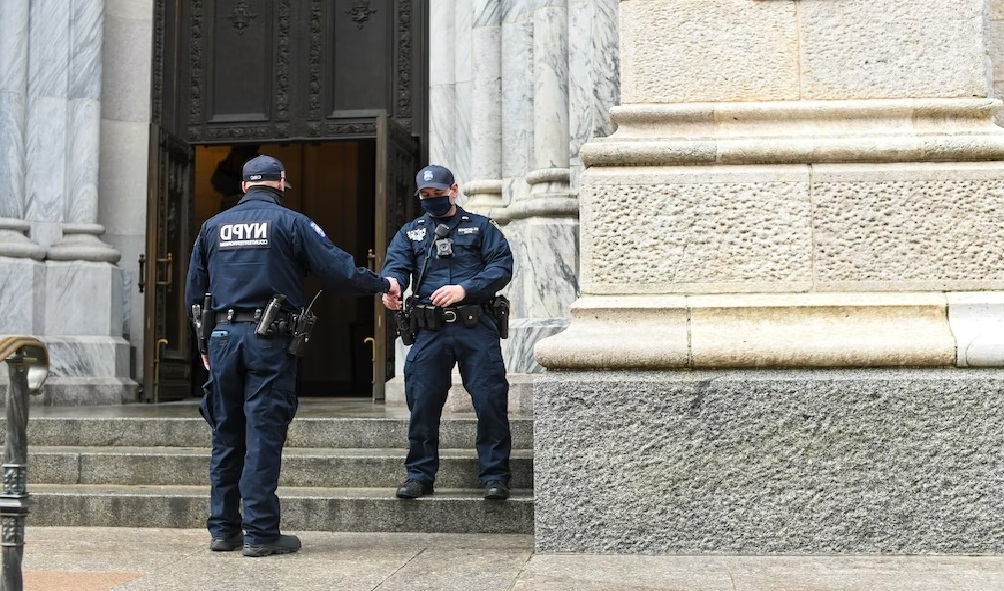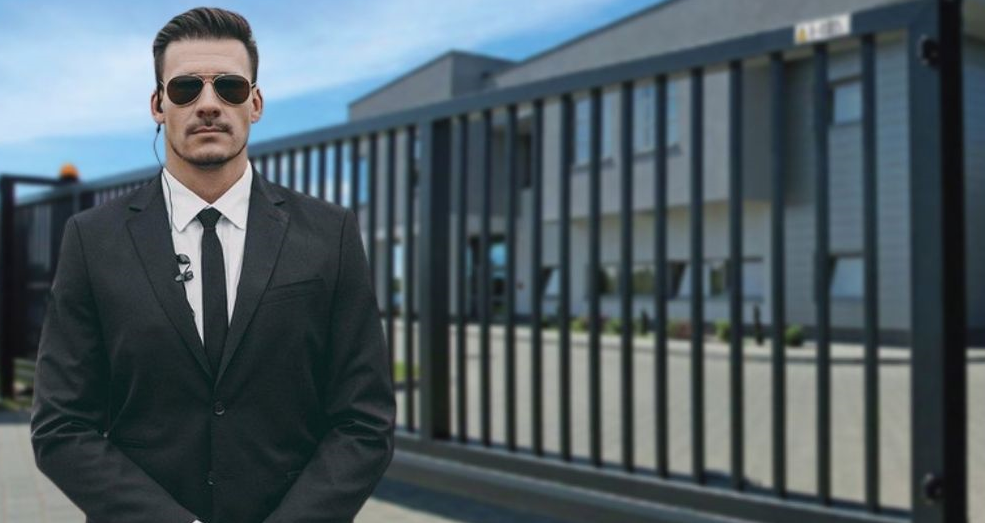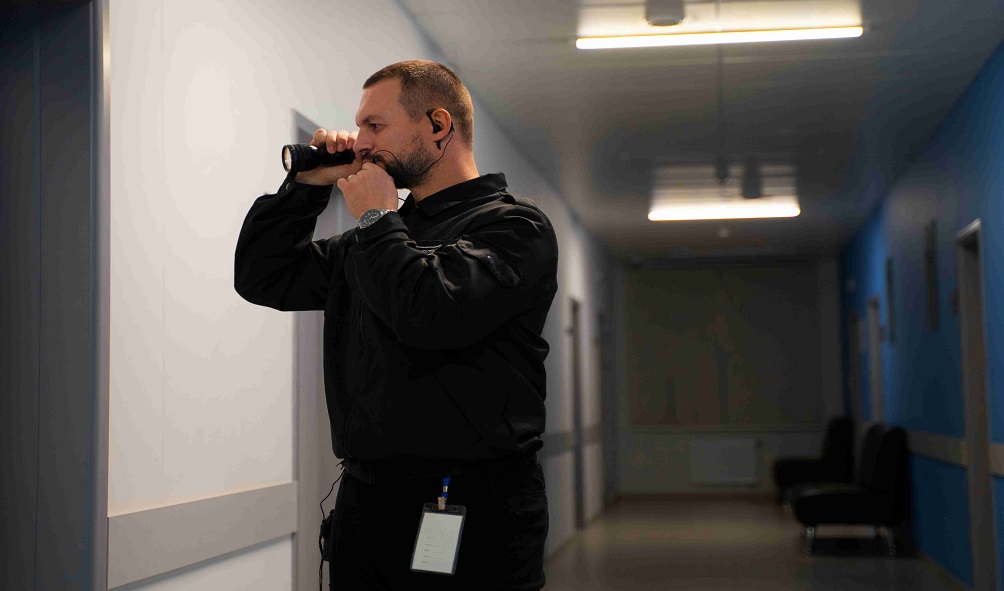The decision to hire security guards for your business is a crucial step towards ensuring the safety and well-being of your employees, customers, and assets. However, the effectiveness of your security measures depends significantly on the quality of the security personnel you choose. This article outlines the essential considerations to keep in mind when hiring security guards, offering insights into the factors that contribute to a successful and reliable security team.
1. Identify Specific Security Needs
Before embarking on the hiring process, it’s essential to identify the specific security needs of your business. Consider factors such as the size and layout of your premises, the nature of your industry, and any previous security incidents. This assessment will help determine the number of guards required, their skill sets, and the type of security services needed, whether it be surveillance, access control, or emergency response.
2. Licensing and Certification
Ensure that the security guards you hire are properly licensed and certified. Licensing requirements vary by jurisdiction, and it’s crucial to adhere to local regulations. Verify that the guards have completed the necessary training programs and hold certifications from reputable security training institutions. A licensed and certified security team not only demonstrates professionalism but also ensures that the guards are well-prepared for their roles.
3. Experience and Expertise
Experience is a key factor in evaluating the competency of security guards. Look for candidates with a proven track record in the security industry, especially those with relevant experience in your specific sector. Experienced guards are more likely to have encountered various security challenges, enabling them to respond effectively to potential threats and incidents. Additionally, inquire about any specialized expertise, such as first aid training or experience in crisis management.
4. References and Background Checks
Conducting thorough background checks is paramount when hiring security guards. Request and verify references from previous employers, ensuring that the candidates have a history of reliability and professionalism. Background checks should also include criminal history screenings to confirm the trustworthiness of the individuals entrusted with the security of your business. This step helps mitigate potential risks and ensures the integrity of your security team.
5. Communication Skills
Effective communication is a fundamental skill for security guards. They need to be able to communicate clearly and professionally with both employees and the public. Assess the candidates’ verbal and written communication skills during the interview process. Clear communication is essential in diffusing potentially tense situations and providing accurate and timely information during emergencies.
6. Physical Fitness and Health
Security guards may need to respond swiftly to emergencies or physically demanding situations. Assess the physical fitness of candidates to ensure they can perform their duties effectively. While the specific physical requirements may vary based on the nature of the job, a baseline level of fitness is essential. Additionally, inquire about any existing health conditions that could impact a candidate’s ability to fulfill their role.
7. Customer Service Orientation
Beyond traditional security duties, guards often serve as the first point of contact for customers and visitors. A customer service-oriented approach is valuable in creating a positive and welcoming atmosphere. Assess the candidates’ interpersonal skills, friendliness, and ability to handle customer inquiries professionally. A security team that balances security measures with a friendly demeanor contributes to an overall positive experience for everyone involved.
8. Technological Proficiency
The integration of technology into security measures is increasingly prevalent. Security guards should be comfortable using relevant technologies such as surveillance systems, access control systems, and communication devices. Familiarity with these tools enhances the efficiency and effectiveness of the security team. During the hiring process, assess the candidates’ technological proficiency and their ability to adapt to evolving security technologies.
9. Adaptability and Problem-Solving Skills
Security situations can be dynamic and unpredictable, requiring guards to adapt quickly and make sound decisions. Assess the candidates’ problem-solving skills and their ability to think on their feet. Scenarios and situational questions during interviews can provide insights into how candidates approach challenges and whether they have the critical thinking skills necessary for effective security management.
10. Cultural Fit with Your Business
Consider the cultural fit of potential security guards with your business. They will be representing your brand and interacting with employees and customers regularly. A cultural fit ensures that the guards align with your business values, creating a cohesive and harmonious working environment. During interviews, gauge the candidates’ understanding of your business culture and their ability to integrate seamlessly into the organizational fabric.
11. Contractual and Legal Considerations
Clearly define the terms of employment in the contractual agreement with the security service provider. Ensure that the contract includes details such as the scope of services, responsibilities, working hours, and compensation. It’s essential to have a clear understanding of the legal implications, liabilities, and insurance coverage associated with the security services. Consulting with legal professionals can help ensure that the contractual arrangements are comprehensive and legally sound.
12. Training and Continued Education
Security threats and best practices evolve over time. Ensure that the security guards you hire undergo regular training and continuing education programs. Ongoing training keeps guards updated on the latest security technologies, tactics, and emergency response procedures. A commitment to professional development demonstrates a security service provider’s dedication to maintaining a high standard of excellence.
13. Availability and Flexibility
Assess the availability and flexibility of potential security guards. Depending on your business operations, you may require guards during non-traditional hours, holidays, or special events. Ensure that the security service provider can accommodate your specific scheduling needs. Flexibility in staffing allows for seamless security coverage, addressing any fluctuations in security requirements.
14. Local Knowledge and Community Engagement
Guards with local knowledge and community engagement skills can be valuable assets. They are familiar with the specific challenges and dynamics of the local area, contributing to more effective security measures. Community engagement also involves building positive relationships with local law enforcement, businesses, and residents, creating a collaborative network that enhances overall security.
15. Trial Period and Performance Evaluation
Consider implementing a trial period for new security guards. This allows both parties to assess the compatibility of the arrangement before committing to a long-term contract. During the trial period, conduct performance evaluations based on predetermined criteria. Regular evaluations provide an opportunity to address any concerns, provide feedback, and ensure that the security team meets or exceeds expectations.
Hiring security guards Melbourne is a strategic investment in the safety and success of your business. By carefully considering the factors outlined above, businesses can build a reliable and effective security team that not only addresses immediate security concerns but also adapts to evolving challenges. Taking a thorough and thoughtful approach to the hiring process ensures that the security guards chosen align with the unique needs and values of the business, creating a secure and conducive environment for all stakeholders involved.



